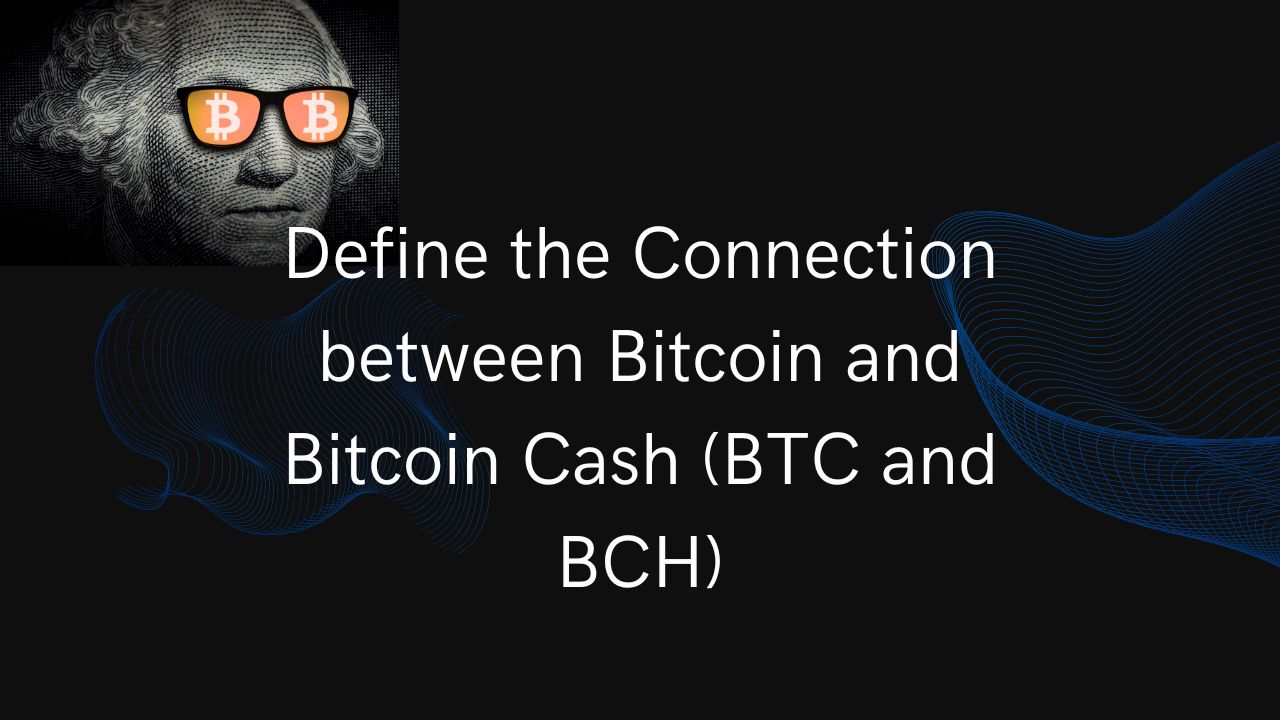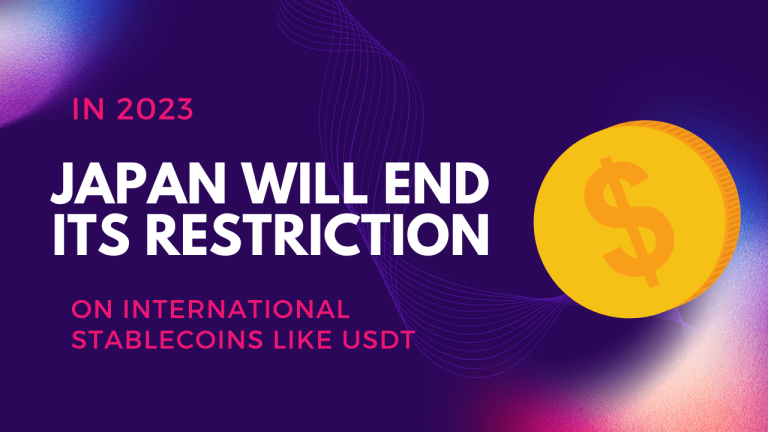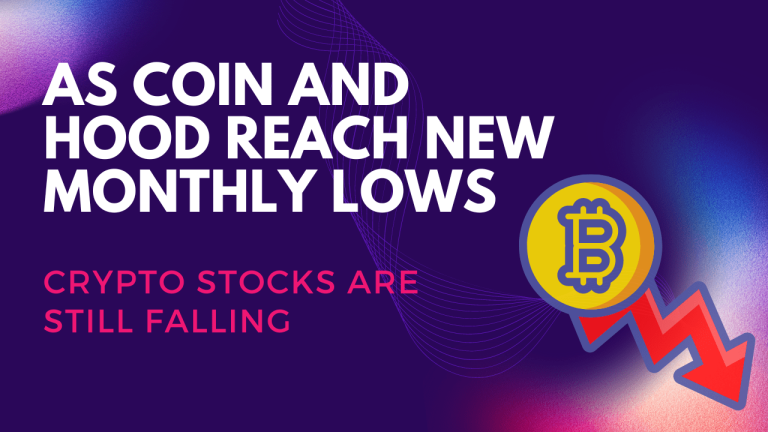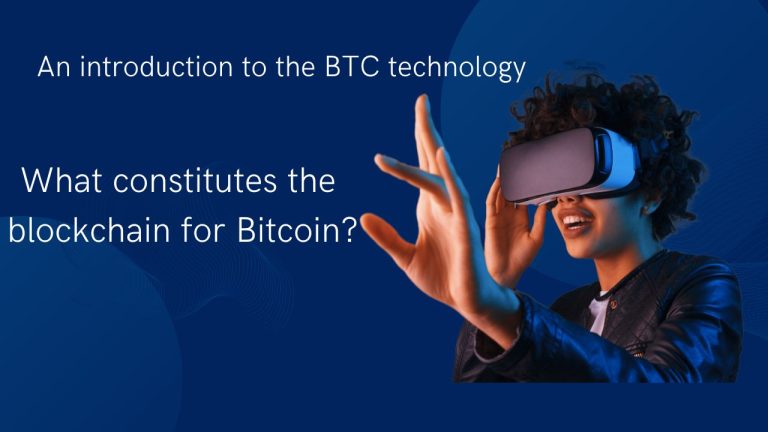Define the connection between Bitcoin and Bitcoin Cash (BTC and BCH)
Beyond their names, Bitcoin (BTC) and Bitcoin Cash (BCH) have commonalities. Since it was the first cryptocurrency ever made, bitcoin is frequently referred to as “gold 2.0” or digital gold. The cryptocurrency is used as an inflation hedge and a store of value.
On the other hand, Bitcoin Cash is a cryptocurrency designed to act as virtual cash, with its proponents working to make it affordable and simple to use. BCH was produced by what is known as a “hard fork” of BTC, which implies both assets have a similar transactional history and code base.
An extreme update to the open-source code that powers the blockchain of cryptocurrencies like Bitcoin is known as a “hard fork.” It happens when some of the computers controlling the network no longer reach consensus and there is a permanent divergence from the most recent version of a blockchain. As a result, the blockchain forks, with one side continuing to adhere to the previous set of rules while the other side adopts the new set.
The Bitcoin blockchain experienced this in August 2017. It’s important to take a step back and consider the Bitcoin scaling controversy to comprehend why some members of the community made their decision to modify the blockchain in this manner.
Dispute about Bitcoin scaling
Since its beginnings, concerns have been raised about Bitcoin’s capacity to scale successfully and establish itself as a widely used worldwide currency. The cryptocurrency is decentralized and censorship-resistant since it employs blockchain technology. The amount of transactions that the Bitcoin blockchain can handle per second, or its transaction throughput, represents a significant tradeoff for the unique technology.
For instance, the payment service provider Visa presently handles 150 million transactions daily, or 1,700 transactions every second. According to the business, its capacity would even enable it to handle 24,000 transactions per second.
Currently, the Bitcoin blockchain can process about seven transactions per second. The stark contrast became apparent as the network’s user base developed because each transaction essentially consists of data.
The blockchain, which may be thought of as a chain of data blocks, is where that information is kept. A backlog of unconfirmed transactions requesting to be included in blocks begins to emerge as network demand increases.
At one point, there were over 100,000 transactions in this backlog that needed to be validated. Based on the charge associated with each transaction, the network decides which ones proceed and which ones fail. The processing time for the transaction increases with the fee.
Transaction costs increased to the point where one transaction could cost a user as much as $58, pricing some users off the network as a result of congestion on the network and increased competition for the limited available capacity.
The community came up with two key proposals to address Bitcoin’s scaling problems: one was to increase the block size to accommodate more transactions per block, while the other was to keep a 1 MB block size and grow via layer-two solutions.
Both options involve trade-offs, and the rift that their suggestions caused in society widened over time as each side began to charge the other with manipulating the situation in some way. In the end, the argument produced the hard fork.
The hard fork in Bitcoin Cash
The future of BTC was decided at a meeting conducted behind closed doors on May 23, 2017, attended by many Bitcoin business owners and miners who collectively account for over 85% of the computer power securing the network. What was released was referred to as the SegWit2x upgrade.
Segregated Witness (SegWit) is an update that “segregates” some data outside of the constrained block area and increases block sizes to 2 MB. SegWit2x was created to help Bitcoin scale by deploying SegWit. Since the Bitcoin core codebase wasn’t represented and the idea was viewed as a centralizing influence, the community rejected it.
In the growing discussion, proponents of smaller blocks opposed increasing block sizes because doing so would make the blockchain larger. They contend that doing so would make it more challenging to run a full node, thereby centralizing the currency and increasing its vulnerability. On the other hand, proponents of bigger blocks pushed for a quick fix out of concern that BTC’s soaring transaction costs will stunt the cryptocurrency’s expansion.
Those in favor of larger blocks finally chose to fork the Bitcoin blockchain on August 1, 2017, as a result of the argument. With the creation of Bitcoin Cash, Satoshi Nakamoto’s original aim was continued, in the eyes of its proponents.
Differences between Bitcoin and Bitcoin Cash
The amount of variations between Bitcoin and Bitcoin Cash has increased over time as a result of the distinct objectives that people working on each network had. The disparity between the two cryptocurrencies grew to the point that the community now views them as entirely distinct entities.
Difficulty modification
The difficulty adjustment mechanism implemented in Bitcoin Cash (BCH) is one of the primary distinctions between Bitcoin and BCH.
This implies that the computational power underlying the network can vary drastically depending on market swings. By halving difficulty if blocks are behind schedule or tripling it if they are ahead of schedule, the difficulty adjustment algorithm makes sure that blocks are manufactured at a steady rate every 10 minutes.
Block size variations
The size of each network’s blocks is the primary source of variation. Block sizes on Bitcoin are still 1 MB, while they are now 32 MB on Bitcoin Cash. BCH transactions can now process 200 transactions per second and only cost one penny. Contrary to expectations, the size of the blockchain hasn’t grown exponentially because Bitcoin Cash hasn’t been processing enough transactions to fill its extra block space.
The blockchain size of Bitcoin SV (BSV), a cryptocurrency produced via a fork of Bitcoin Cash, is currently far greater than Bitcoin’s. It plans to increase its block size to 1 TB.
Decentralized finance and intelligent contracts
According to Square CEO Jack Dorsey, Bitcoin does not allow smart contracts, but efforts are being made to assist develop decentralized finance (DeFi) applications on top of it. To allow more complicated functionalities, Bitcoin Cash has begun utilizing smart contract languages like Cashscript.
Cashscript intends to provide DeFi to Bitcoin Cash to help it compete with Bitcoin and Ethereum (ETH). CashSuffle and CashFusion are a couple of the solutions that have already been created to boost network privacy.
Issue of tokens
Projects must use the Omni layer, a platform “for producing and exchanging unique digital assets and currencies,” to issue tokens on top of the Bitcoin blockchain.
However, stablecoins have been the main emphasis of the layer’s adoption, even though omni transactions are Bitcoin transactions with “next-generation features.”
On the other hand, Bitcoin Cash is the one that created the Simple Ledger Protocol (SLP). The protocol makes it possible to issue tokens on top of the BCH blockchain in a way similar to how tokens are issued on top of the Ethereum blockchain.
Some assets have been made available on the Omni layer and as SLP tokens. Customers can more easily choose the network of their choosing because the ability to exist on many blockchains makes this possible. However, the level of acceptability for both approaches has been quite meager.
The SLP protocol also supports non-fungible tokens (NFTs), which can be separated from one another. Their use on the BCH blockchain has not been as widespread as it has been on Ethereum or other blockchains.
Replace-by-fee
The replace-by-fee (RBF) feature on the Bitcoin network enables someone to obtain a transaction that has “stuck” and isn’t being completed by replacing it with a new version of the transaction that has a larger transaction charge attached.
RBF can be utilized in situations when transactions need to be processed as quickly as possible, but its detractors contend that it may make it simpler for bad actors to spend the same money twice. They contend that by utilizing RBF, an attacker might send a transaction for a minimal fee in exchange for a good or service. The recipient can send the same transaction with a larger fee to a wallet they control if they don’t wait for enough network confirmations.
Once this second transaction has been confirmed, the network will drop the original one that was intended to pay the merchant for their goods or services. The majority of RBF implementations demand that the transaction include identical outputs to prevent this. RBF also gets challenging if the transaction is accepted but the recipient waits for a few network confirmations.
However, Bitcoin Cash has given up on this possibility, rendering unconfirmed transactions on its network irrevocable. Due to its greater transaction throughput, RBF makes double spending much more difficult while also confirming transactions faster.
Various perspectives, identical monetary policies
At the time of the hard fork, Bitcoin Cash had block sizes of 8 MB, but it has since quadrupled. The network takes steps to develop as much as possible to improve its usability and ability to be used as money, and it openly accepts new hard forks.
On the other side, Bitcoin is more cautious when releasing updates and is viewed more as a store of value and an inflation hedge. SegWit and the Lightning Network were both developed as part of their scalability plans.
On the other side, Bitcoin is more cautious when releasing updates and is viewed more as a store of value and an inflation hedge. SegWit and the Lightning Network were both developed as part of their scalability plans.
The Lightning Network simply adds a layer where transactions happen quickly and costs are extremely small on top of the blockchain of the cryptocurrency. The user-generated payment channels make up that tier. Although its adoption has been rather gradual, it is thought to be able to handle up to 15 million transactions per second.
Through updates like Taproot, which makes complicated transactions like timelock releases or ones with many signatures appear easy, Bitcoin has also aimed to protect users’ pseudonymity. With Taproot, a transaction that creates a Lightning Network channel and a standard transaction are identical.
Supporters of bitcoin place a higher priority on censorship resistance and decentralization than they do on transaction throughput. Being able to fend off attacks from any potential threat depends on Bitcoin’s ability to serve as a store of value.
Low transaction costs and quick speeds are essential to Bitcoin Payment’s goal of becoming a peer-to-peer electronic cash system. On Bitcoin, several BCH-based enterprises would not be practical, such as social networking networks where every post is broadcasted on the blockchain.
On Bitcoin Cash, privacy is protected through a separate technique called coin mixing. To hide the source of users’ currencies, many BCH users’ transactions are combined through currency mixing. This contentious technique is thought to aid cybercriminals in covering their tracks.
Both networks continue to operate under the same monetary policy. Each blockchain will only ever produce 21 million coins, and the supply is reduced by half every 210,000 blocks or roughly every four years. According to projections, the mining of BTC and BCH will end in 2140.
Both cryptocurrencies were built to guard against inflation that was larger than expected, monetary confiscation, censorship, and devaluation. Both blockchains are open to the public, transparent, and unchangeable by a single entity.
FAQS:
BCH and BTC are they the same?
There are three key differences between Bitcoin and Bitcoin Cash: speed, security, and cost. The more onerous validation criteria make transactions involving bitcoin move more slowly and cost more money. Although overall Bitcoin Cash transactions are cheaper and faster, they may also be more prone to attack because of their higher speed.
Is mining BTC or BCH better?
In this case, mining Bitcoin currently makes more sense. In comparison to Bitcoin Cash, it is a lot more profitable.







